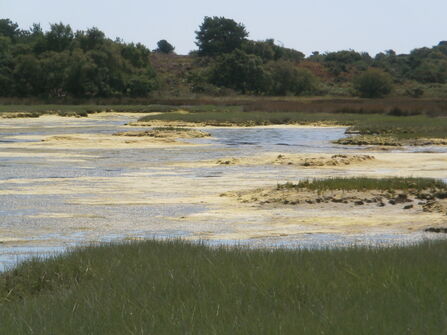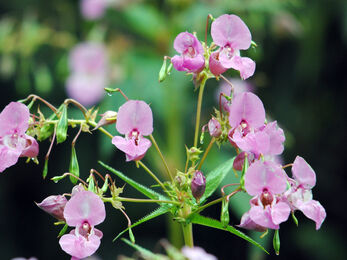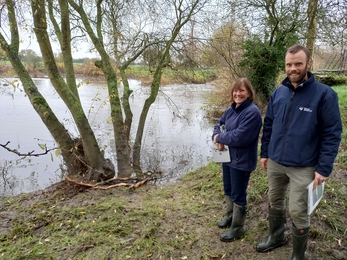Support our Water for Wildlife appeal
Pollution of our waterways is a hot topic, and one that rightly sits at the forefront of public concern. Across Dorset, our rivers are in a worrying state, with only 15% in good ecological health and none in good overall health. A combination of agricultural practices, water treatment processes, industrial discharges and even our everyday activities has left our waterways in decline.









